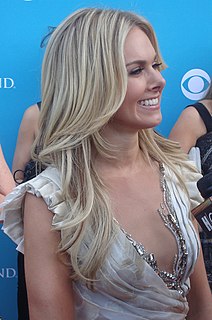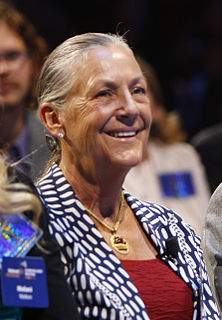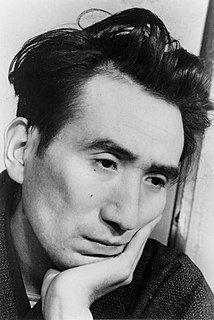A Quote by Jonathan Coe
The more melancholy side of my literary personality is much in tune with BS Johnson's.
Quote Topics
Related Quotes
There's lots of sides. The CD doesn't really create a mood. It creates more of a journey. It starts out with a simple bluegrass tune, sort of melancholy and sad, like "Lovin' and Lyin'," then it's sexy and there's some funny songs in there where I'm talking, like "Designated Drunk." There's a humor side, a sexy side, but there's also a pretty sad side, the country side. It's the backwards side of me!
To fall for," "to be fallen for"--I feel in these words something unspeakably vulgar, farcical, and at the same time extraordinarily complacent. Once these expressions put in an appearance, no matter how solemn the place, the silent cathedrals of melancholy crumble, leaving nothing but an impression of fatuousness. It is curious, but the cathedrals of melancholy are not necessarily demolished if one can replace the vulgar "What a messy business it is to be fallen for" by the more literary "What uneasiness lies in being loved.
The Booker thing was a catalyst for me in a bizarre way. It’s perceived as an accolade to be published as a ‘literary’ writer, but, actually, it’s pompous and it’s fake. Literary fiction is often nothing more than a genre in itself. I’d always read omnivorously and often thought much literary fiction is read by young men and women in their 20s, as substitutes for experience.
I'm now much more excited about genre distinctions. What I still see breaking down are more the hierarchical arrangements of genres. That is, "There is literary fiction, and then there are lesser genres." I'm much more clear on the idea that literary fiction is itself a genre. It is not above other genres. It is down there in the muck with all the other genres, and it's doing the wonderful things that it does, but to give it a Y-axis, to make it high and low, just seems absurd. I stand by that.
Even happiness itself may become habitual. There is a habit of looking at the bright side of things, and also of looking at the dark side. Dr. Johnson has said that the habit of looking at the best side of a thing is worth more to a man than a thousand pounds a year. And we possess the power, to a great extent, of so exercising the will as to direct the thoughts upon objects calculated to yield happiness and improvement rather than their opposites.







































